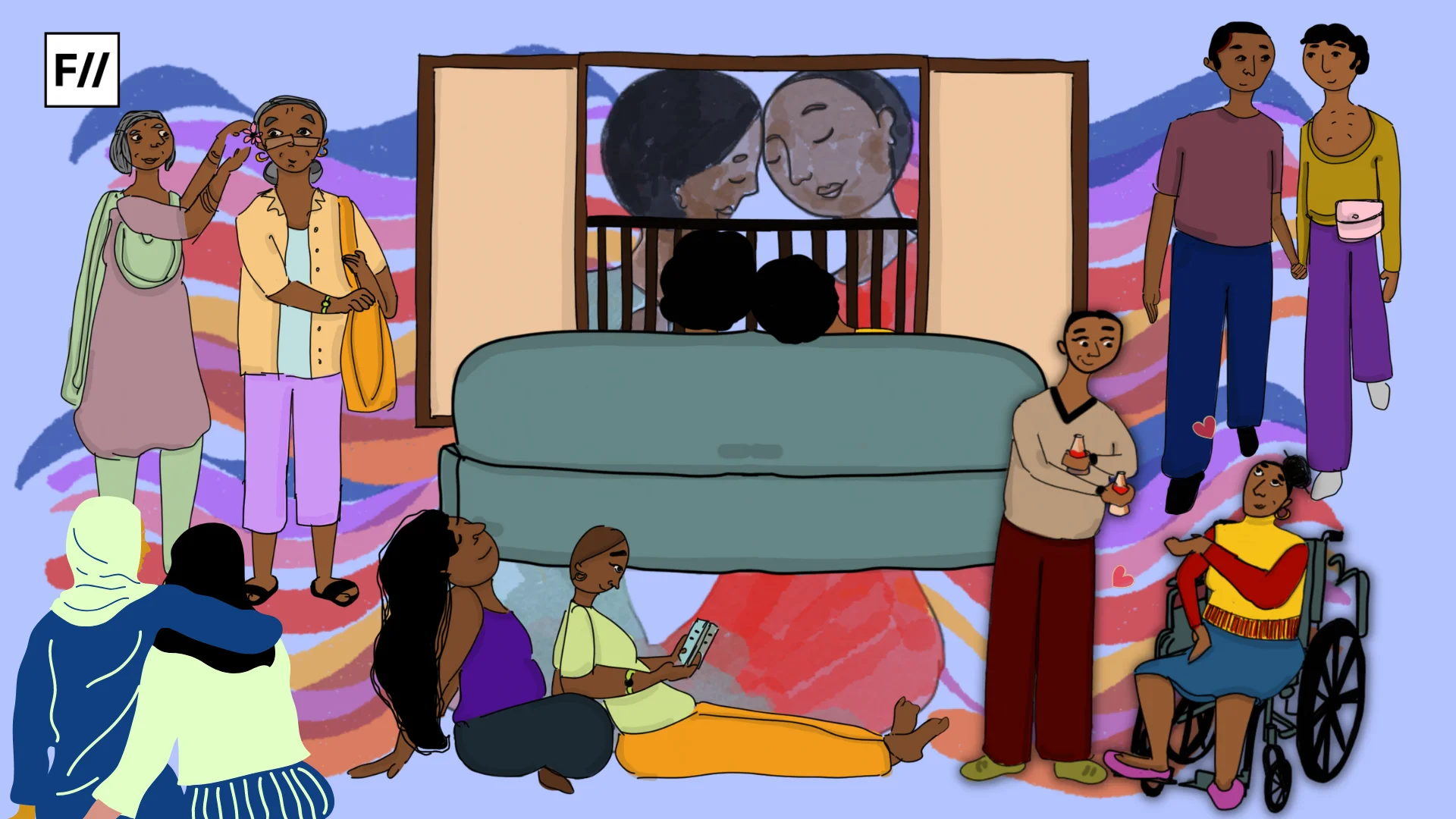Let’s be honest, we all have been at that place, if not asking then wondering things like where do kids come from? What is a sanitary pad? What does having a ‘period’ exactly mean?
But most of our questions, when voiced out loud, were met with a resounding silence or a proper scolding. It was largely unsaid, but understood, asking such questions was frowned upon, so we all found ourselves at the mercy of what little our peers knew, the internet, and what all we could gather from movies and music – But was this the healthiest way to learn about our bodies and our sexuality?
So let’s take a look at why having open, honest, and non-judgemental conversations about sexuality and sex with children is such an essential part of comprehensive sexuality education (CSE).
Why is it important to talk to children about sex, sexuality, and intimacy?
As a parent, many might think that if it’s called sexuality education, why can’t it happen only at school? Many parents however do not have a positive outlook toward CSE being taught in schools. The question that arises here is who then should be responsible for imparting the correct information when it comes to sexuality education. Parents? Teachers? Peers?
Creating awareness, having conversations, and teaching young adults about sex, sexuality, consent, and their sexual and reproductive health and rights is a shared responsibility of the educational institutions as well as parents and caretakers. While it should be compulsory for schools to include a comprehensive sexuality education curriculum, this doesn’t mean that a parent’s active involvement is not needed.
Also read: The Ins And Outs Of Body Image And Consent
How to talk to young people about sex, sexuality, and intimacy?
Talking about sex and sexuality, especially in a conservative patriarchal setup in our country is a challenge. Let’s try and look at some steps that can help initiate such a conversation. Most parents and educators are often confused about the timing, figuring out the right age to talk to their children about topics such as sex, intimacy, and sexual health.
While puberty might seem like the best time, it would actually also be beneficial to start earlier. Young people, in their teenage years, will have questions. This is why it is important to understand that there’s no particular time to start the conversation. It is more important to answer the questions honestly and without judgment and create a safe space. Don’t infantilise the conversation, rather use the correct terminology and introduce kids to anatomy using resources such as picture books, educative and informative videos, and books and infographics.
Conversations should not be clinical
While using resources can be great, sometimes as educators and parents, due to the stigma attached to sex and sexuality, we tend to keep these conversations extremely clinical. This can be very intimidating for many young people. Just explaining the biology of sex will not be sufficient. Don’t hesitate to talk about things like the complex emotions associated with having sex for the first time, feeling attracted to another person, self-pleasure, and navigating the shame and stigma associated with sex.
Also read: Why Homophobia And Transphobia Is Rampant In Educational Institutions
Need to provide a judgment-free space
Such is the messaging around sex and sexuality in the cis heteropatriarchal world that we live in that it can be really hard to shed the judgment that we all carry in ourselves about things like casual sex, homosexuality, and gender nonconformity among others. Young people especially need judgment-free spaces to have honest conversations about having sex for the first time, experiencing sexual pleasure, masturbating, consent, safer sex, contraceptive methods, etc. If judgment accompanies information, young people are less likely to go ahead and seek information that is essential for them.
Help them make decisions about their bodies and sexual and reproductive health
All conversations around sex, sexual health, and sexuality have important consequences. They aim to help young people make important decisions about their sexual and reproductive health and autonomy.
What does it mean to be sexually active? How does the law view the sexual and reproductive agency of young people? How do you deal with moral policing with premarital sex? How can support be provided to survivors of sexual violence? Are abortions legal, and if yes, how can a young person in your country access safe abortion?
These are all some pertinent questions that young people need answers to. Hence, it is necessary that educational institutions, parents, and caretakers come together to have these discussions in a constructive and understanding manner with young people and also prepare them to understand and access these resources better.
Also read: Removing The Stigma from ‘Sex’
About the author(s)
Shriya is a former student of literature and a multimedia journalist with an interest in sports and human rights. She can be found watching Shah Rukh Khan movies or listening to Ali Sethi and 90s Bollywood songs. She enjoys a good cup of black coffee multiple times a day and is often compared to 'Casper, the friendly ghost'.





If a woman does not give her husband the visual delight of her breasts and vagina, doesn’t let him finger or massage her vagina, refuses to ride his penis, then don’t complain when he seeks sexual fulfillment somewhere else.